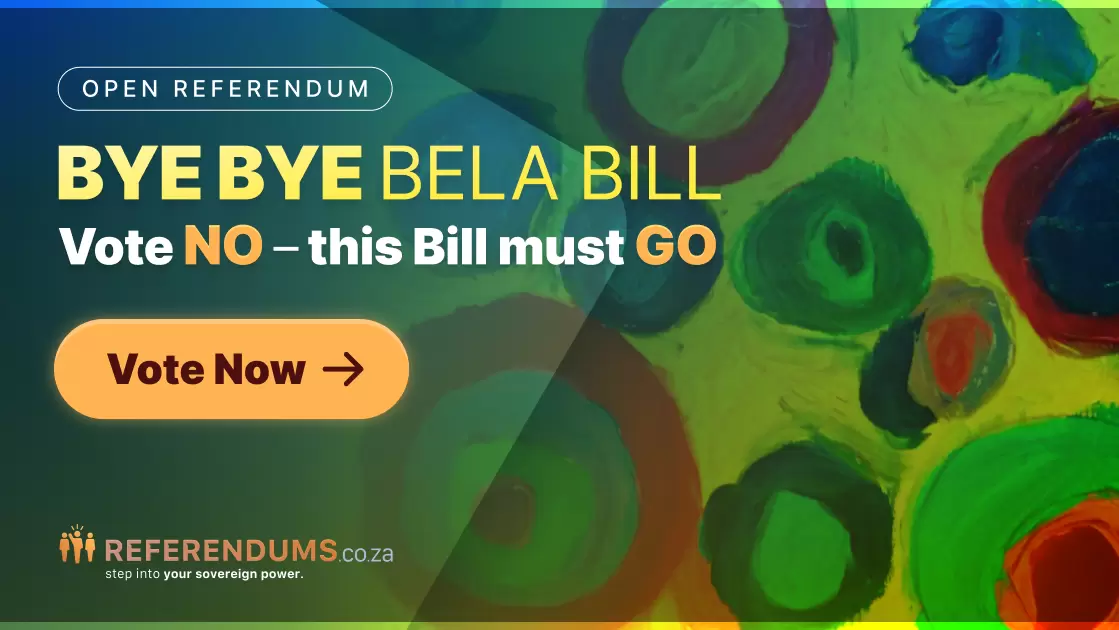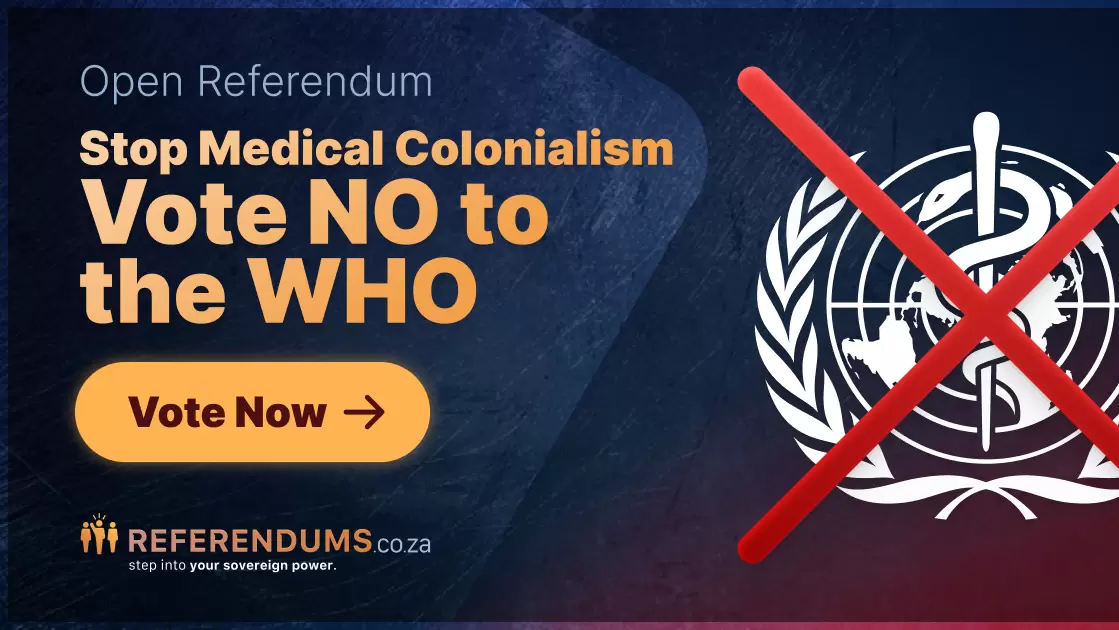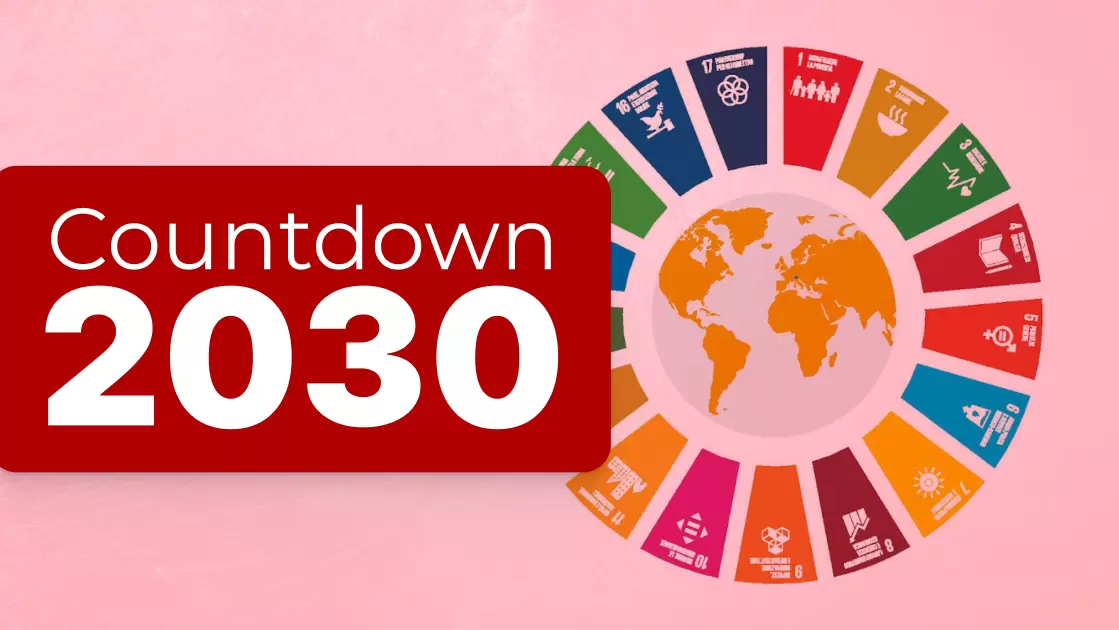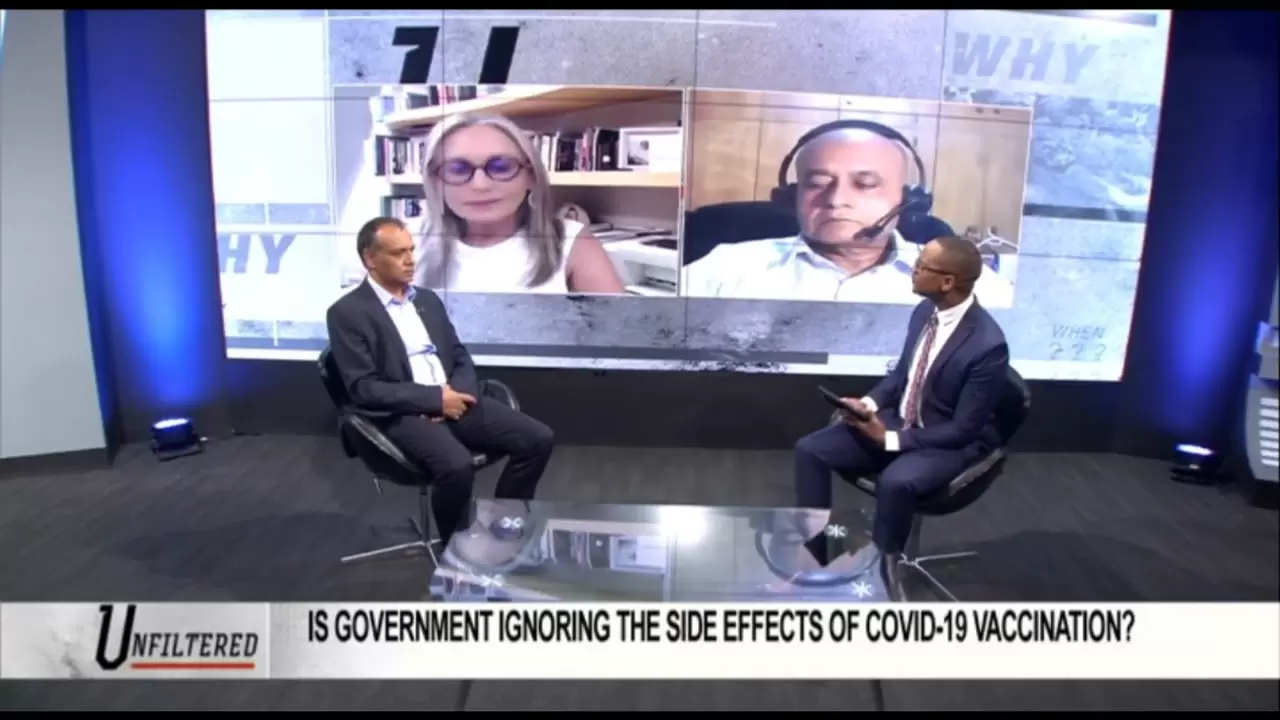Is South Africa an American Corporation?
With thanks to Kath Viljoen for her assistance in compiling this page.
Did you know that the actual organic South Africa(n) Republic (SAR) is, in fact, a non-profit, unincorporated national public trust and we the people are the lawful creditors, priority claimants and shareholders thereof; whereas a corporation is private and exploits the public for the gain of private shareholders.
Are you aware that the Republic of South Africa is also a corporation registered on the Securities and Exchange Commission (SEC) in America. This entity is in primarily in the business of foreign government. You will find it here. Oh, and here’s their latest annual report.
This is the business address:
EMBASSY OF THE REPUBLIC OF SOUTH AFRICA
3051 MASSACHUSETTS AVENUE
NW WASHINGTON DC 20008
Why would the SEC register a company in the name of a sovereign country?
Who are the shareholders of this corporation?
Why are their names not in the public domain?
What are the assets of this corporation?
Why are notices and communications concerning the Republic of South Africa being sent to Sachin Dave Esq., a US-qualified partner in the international capital markets department of Allen & Overy in London? (source)
Why is our central bank, the South African Reserve Bank registered as a corporation, also listed on the American stock exchange?
Shares in this entity are traded on an over-the-counter share-transfer facility (OTCSTF) market, coordinated within the Bank. Please go here to check the price and availability of the shares.
There is no limitation on shareholding, except for the provision of the South African Reserve Bank Act that no shareholder shall hold, or hold in aggregate with his, her or their associates, more than 10,000 of the total number of 2,000,000 issued shares.
After allowing for certain provisions, payment of company tax on profits, transfers to reserves and dividend payments of not more than 10c per share to shareholders, the surplus of the Bank’s earnings is paid to the South African government. The Bank’s operations are, therefore, not driven by a profit motive, but rather serve the best interests of the people of South Africa.
Why do 800 private shareholders then own 2 million shares in our central bank? (source)
The M&G Data Desk found that the highest number of shares belong to Capetonians at 114,320, followed by Germans who own 91,850 shares, and then people who reside in Pretoria who own 52,186.
Of the 783 shareholders, 58 (8.2%) are foreigners, residing in countries such as Germany, Norway, Australia and the United Kingdom. Both Germany and the United Kingdom include the largest number of foreign shareholders, with 16 residing in each. Although, shareholders with their primary addresses listed in Germany own 4.6% of all the shares, while those in England own 0.7%.
Why is the second highest number of shares in German hands? (source)
Who are these shareholders, and why are their identities not in the public domain?
The independence and autonomy of the Bank are entrenched in the Constitution.
Shareholders purportedly have no rights or involvement in determining monetary policy, financial stability policy, or regulation and supervision of the financial sector. Their rights are limited to considering the SARB’s annual financial statements, electing seven of the non-executive directors of the Board of Directors, and appointing external auditors and approving their remuneration.
Why was this decision to register these entities not advised, nor debated, in public?
Who has jurisdiction over South Africa?
For information on the administration and regulation of American corporations, please see the Legal Services Corporation Act.







